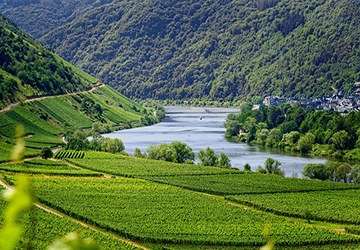Sustainable Adventure Travel - Pushing Limits_ Preserving Nature
Participating in educational programs that raise awareness about the importance of conservation and sustainable tourism can also help promote sustainable tourism practices.
Respecting the Local Cultures
Lastly, responsible behavior in preserving nature can also help create positive relationships between travelers and local communities. Travelers should respect local cultures and traditions and support local businesses, fostering mutual understanding and respect. This can lead to long-term benefits for travelers and local communities, such as increased economic opportunities and improved conservation efforts.

Challenges and Solutions for Sustainable Adventure Travel
Sustainable adventure tourism faces several significant challenges that hinder its success. This section will explore those challenges and some solutions that can help overcome them.
Lack of Awareness and Education
Many travelers need to be made aware of the importance of preserving nature and the benefits of sustainable tourism, which can lead to unsustainable behavior and negative impacts. The need for more demand for sustainable tourism options can make it difficult for tourism companies to adopt sustainable practices and make them financially viable.
Therefore, increasing awareness and education about sustainable tourism is essential to promote sustainable behavior among travelers. To combat this, travel companies, tourism organizations, and governments can invest in education and awareness campaigns to promote sustainable tourism practices and raise public awareness about environmental issues. This can increase demand for sustainable tourism options and encourage companies to adopt sustainable practices.
Lack of Regulations and Enforcement
Often, tourism destinations need more regulations or enforcement mechanisms to ensure that tourism activities are sustainable and do not harm the environment or local communities. This can lead to unsustainable practices, such as overfishing, overdevelopment, or disruption of wildlife habitats.







